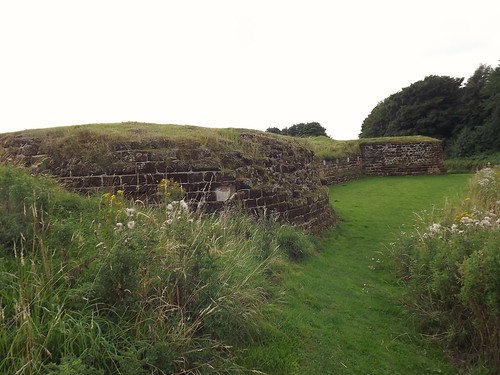The freedom to make a decision whom to direct power to, or failed
The freedom to decide whom to direct energy to, or failed to pick the proper group member, cooperation couldn’t be sustained. It could be argued that in most societies, higher energy status frequently confers material and social rewards to its holders. How these rewards influence group interactions inside a social dilemma could possibly be investigated with our approach in the future by, e.g giving group members with higher power a higher share in the public excellent or the energy to also influence the allocation in the public superior. Further, we did not enable participants to reject power offered to them. In smaller selfgoverning groups it really is usually tough to refuse the help received from other people. Furthermore, such support might produce psychological pressures to take over duty and act within the interest from the group. It truly is an interesting open question no matter if group members who obtain punishment energy are motivated by a genuine concern for cooperation, or merely by the social expectations of their peers. By permitting group members to reject the energy allocated to them, these two components could be disentangled. Social structures which can be characterized by an unequal distribution of power are usually not only prevalent in human societies but in addition in other social animals57. For example, several nonhuman primates reside in complex social groups organized in dominance hierarchies58,59. The emergence of social structures in which some group members have additional power than other people to enforce shared objectives may very well be a important step within the evolution of cooperation60. In human societies, institutions which include elected representative bodies, legal courts and law enforcement agencies govern much of social life. These institutions are built upon and embody the centralisation of power. The willingness to provide up, transfer and centralise energy, demonstrated right here, is often observed as an essential intermediary step and prerequisite towards the constitution of such complicated institutions. Participants were recruited from the subject pool with the Behavioural and Experimental Economics Lab (BEElab) at Maastricht University and have been invited by means of e mail. Experiments were performed using the informed consent of 350 healthy adult subjects who have been absolutely free to withdraw from participation at any time. Only individuals who voluntarily entered the experiment recruiting database have been invited, and informed consent was obtained from all participants by electronic acceptance of an invitation to attend an experimental session. The experiments have been conducted following the peerapproved procedures established by Maastricht University’s Behavioral and Experimental Economics Laboratory (BEElab). Our study was authorized by the BEElab at a public ethics overview and project proposal meeting that may be mandatory for all scholars wishing to make use of the BEElab facilities. A total of 350 undergraduate students (mean age  two. 2.6, 204 female) have been randomly assigned to groups of five and allocated to among the three diverse conditions that differed in how punishment energy was determined. Each the endogenous and exogenous CC-115 (hydrochloride) site situations were assigned 27 groups (35 participants); six groups (80 participants) were allocated for the fixed condition. By having a unique symbol assigned to every group member, participants could track the behaviour of other group members all through the experiment. Every single experimental session comprised at least 3 and at PubMed ID:https://www.ncbi.nlm.nih.gov/pubmed/26666606 most 5 groups. Participants have been seated in separate cubicles, exactly where they were provided using a notepad and a pen to create.
two. 2.6, 204 female) have been randomly assigned to groups of five and allocated to among the three diverse conditions that differed in how punishment energy was determined. Each the endogenous and exogenous CC-115 (hydrochloride) site situations were assigned 27 groups (35 participants); six groups (80 participants) were allocated for the fixed condition. By having a unique symbol assigned to every group member, participants could track the behaviour of other group members all through the experiment. Every single experimental session comprised at least 3 and at PubMed ID:https://www.ncbi.nlm.nih.gov/pubmed/26666606 most 5 groups. Participants have been seated in separate cubicles, exactly where they were provided using a notepad and a pen to create.